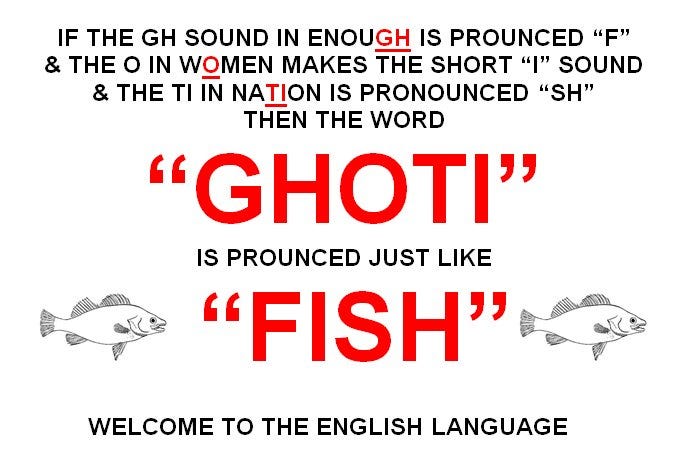Day 266
When I give a tour in a museum or when I'm writing the labels in a museum exhibit, I need to be aware of the fact that not all of our visitors speak fluent English. My readers who are fellow museum professionals know this, but it's not something that comes up much in some of the other areas I blog about -- when historians write for other historians, for example, they assume a high level of English and of academese. I put "sit in on an English as a Second Language* class" on my to-do list, to try and learn a little more about how English works for people who are just learning it.
In the past month, I've visited two very different English classes. One of them is a structured class with a curriculum and homework. It's in a program offered through the workplace education department of a very large workplace, and the program has five levels -- I visited a level 5 class, the most advanced. The other one is a drop-in neighborhood program, which I attended as a part of learning to volunteer there. The program is weekly, but there's no registration and students come when they can, so there aren't lessons that progress week-to-week. It's for all levels, but during each session, people are informally sorted to sit at a less-advanced table or a more-advanced table.
Here's a smattering of things I noticed between the classes:
*For those of you who may need a primer on what all the words and acronyms mean:
When I give a tour in a museum or when I'm writing the labels in a museum exhibit, I need to be aware of the fact that not all of our visitors speak fluent English. My readers who are fellow museum professionals know this, but it's not something that comes up much in some of the other areas I blog about -- when historians write for other historians, for example, they assume a high level of English and of academese. I put "sit in on an English as a Second Language* class" on my to-do list, to try and learn a little more about how English works for people who are just learning it.
In the past month, I've visited two very different English classes. One of them is a structured class with a curriculum and homework. It's in a program offered through the workplace education department of a very large workplace, and the program has five levels -- I visited a level 5 class, the most advanced. The other one is a drop-in neighborhood program, which I attended as a part of learning to volunteer there. The program is weekly, but there's no registration and students come when they can, so there aren't lessons that progress week-to-week. It's for all levels, but during each session, people are informally sorted to sit at a less-advanced table or a more-advanced table.
Here's a smattering of things I noticed between the classes:
- ESL classes work pretty differently from the language classes I've taken, because the students don't share a common language. Instead of saying, "where we would say X, in English it's said Y," the classes start out with, "sometimes in English we say Y, and here are some of those situations."
- The words we think of as "easy" or "hard" aren't always the ones that English language learners go to first -- it depends on their native language. A handful of people didn't understand the word "shy" until one of them said, "is it also timid?" and it clicked for the people who speak a Romance language at home.
- A number of students I spoke to changed careers when they got here because they couldn't get hired in their own field, often for reasons of language. Their new jobs are lower pay and have lower job security.
- In conversation, I often wanted to finish people's sentences because struggling to communicate is awkward. I held back, because the students are there to practice, but it made me realize how often I want to jump in if I had the gist of what they were saying.
- The letter H is hard for a lot of people!
*For those of you who may need a primer on what all the words and acronyms mean:
- ESL = English as a second language, probably the most common way to phrase it, at least in the US
- ESOL = English for speakers of other languages, which is the same as ESL except that it emphasizes the fact that some people learn English as a third or fourth language, or grew up speaking English but spoke another language at home.
- ELL = English language learners, which I have mostly heard to describe the students rather than the classes
- LEP = limited English proficiency, a useful phrase when I'm noting a group on the museum's calendar. Some people who speak English as a second language are fluent, like the group of long-term expats I'm giving a tour to soon, and some people who speak limited English aren't learning the language, like a group of tourists who are only in the US for a week.

Comments
Post a Comment